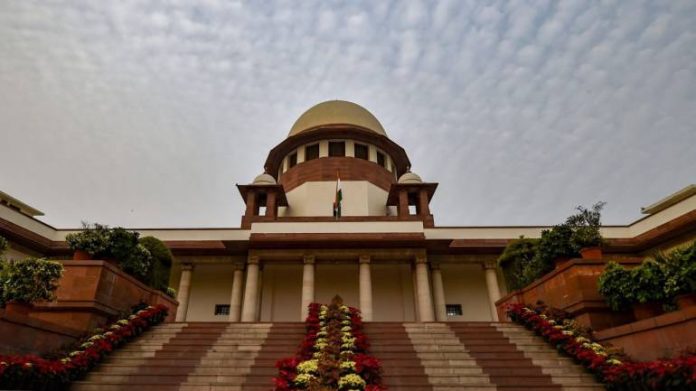The Supreme Court is likely to pronounce its verdict next week on appeals by the Employees’ Provident Fund Organization (EPFO) challenging the decisions of the Kerala High Court, the Rajasthan High Court and the Delhi High Court, which struck down the Employees’ Pension (Amendment) Scheme, 2014.
A 3-judge bench of Chief Justice Uday Umesh Lalit, Justice Aniruddha Bose and Justice Sudhanshu Dhulia had reserved the verdict on August 11 after 6 days of hearing.
As Chief Justice of India UU Lalit retires on November 8, 2022, the verdict is likely to be pronounced in the coming days.
The Kerala High Court in 2018, quashing the Employees’ Pension (Amendment) Scheme, 2014, allowed payment of pension in proportion to the salary above the limit of Rs 15,000 per month. The High Court also said that there can be no cut-off date for joining the pension scheme.
The Supreme Court had in 2019 dismissed the special leave petition filed by the EPFO against the Kerala High Court’s decision. Later, in a review petition filed by EPFO and the central government, the dismissal of the SLP was withdrawn and the matter was reopened for hearing on merits.
A 2-judge bench of the Supreme Court had in August 2021 referred the appeals to a 3-judge bench to consider the following issues:
1. Whether there will be any cut-off date under paragraph 11(3) of the Employees’ Pension Scheme and
2. Whether the decision in RC Gupta Vs Regional Provident Fund Commissioner (2016) will be the governing principle on the basis of which all these matters should be disposed of.
The main argument raised by the EPFO is that Pension Fund and Provident Fund are separate and membership of the latter will not automatically translate into membership of the former. It was argued that the pension scheme is meant for the underage employees and if the persons earning more than the cut-off limit are also allowed to receive the pension, it would create huge imbalance within the fund. The 2014 amendments were brought to address the issue of cross-subsidy between pension and provident fund.
The pensioners rejected the argument of financial burden being borne by the EPFO. It was argued by them that the corpus fund is intact and the payment has been made out of interest. The pensioners also rejected the EPFO’s contention that a separate option should be exercised within the cut-off period to join the pension scheme and argued that the EPFO’s stand was contrary to law.


